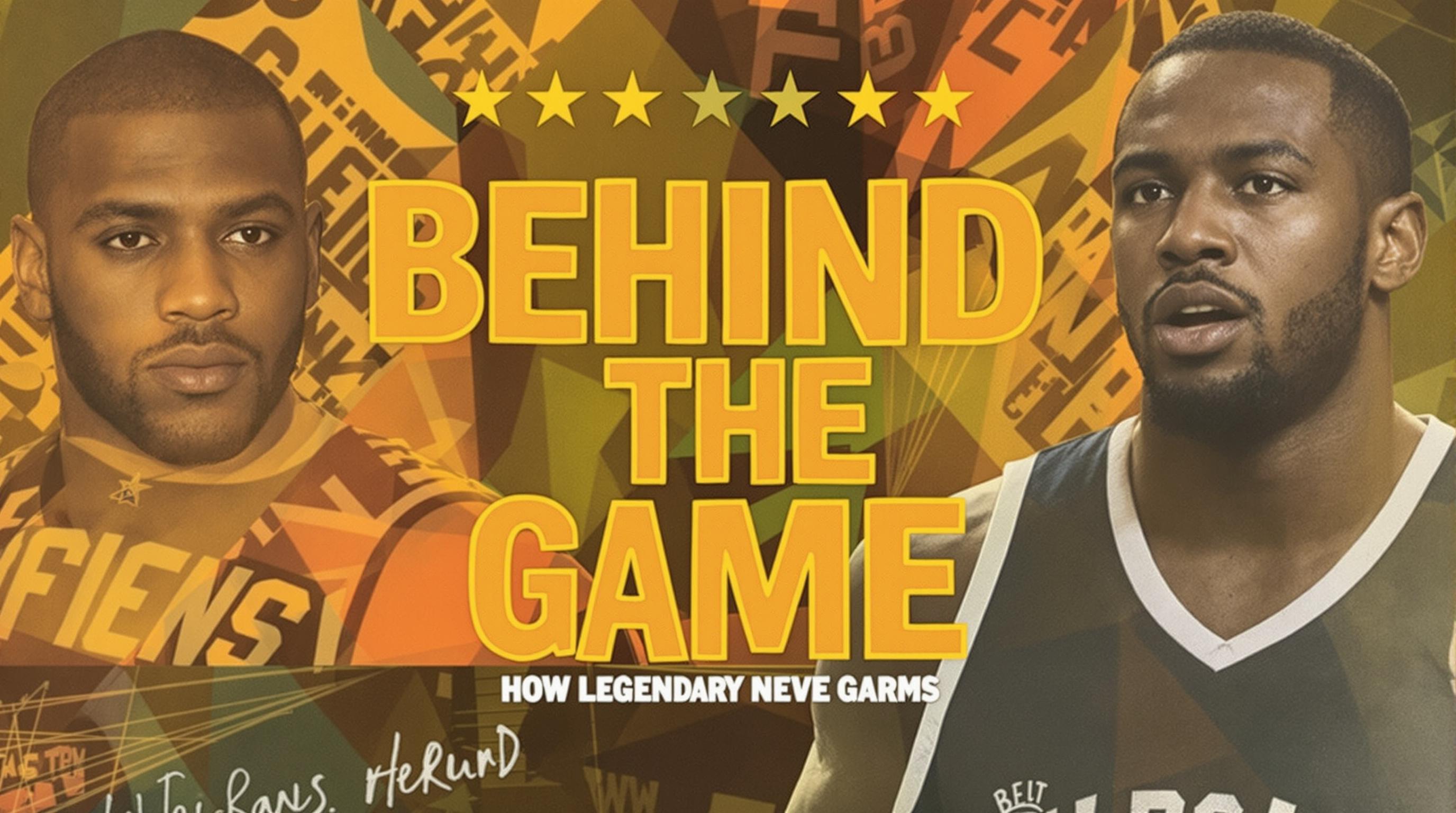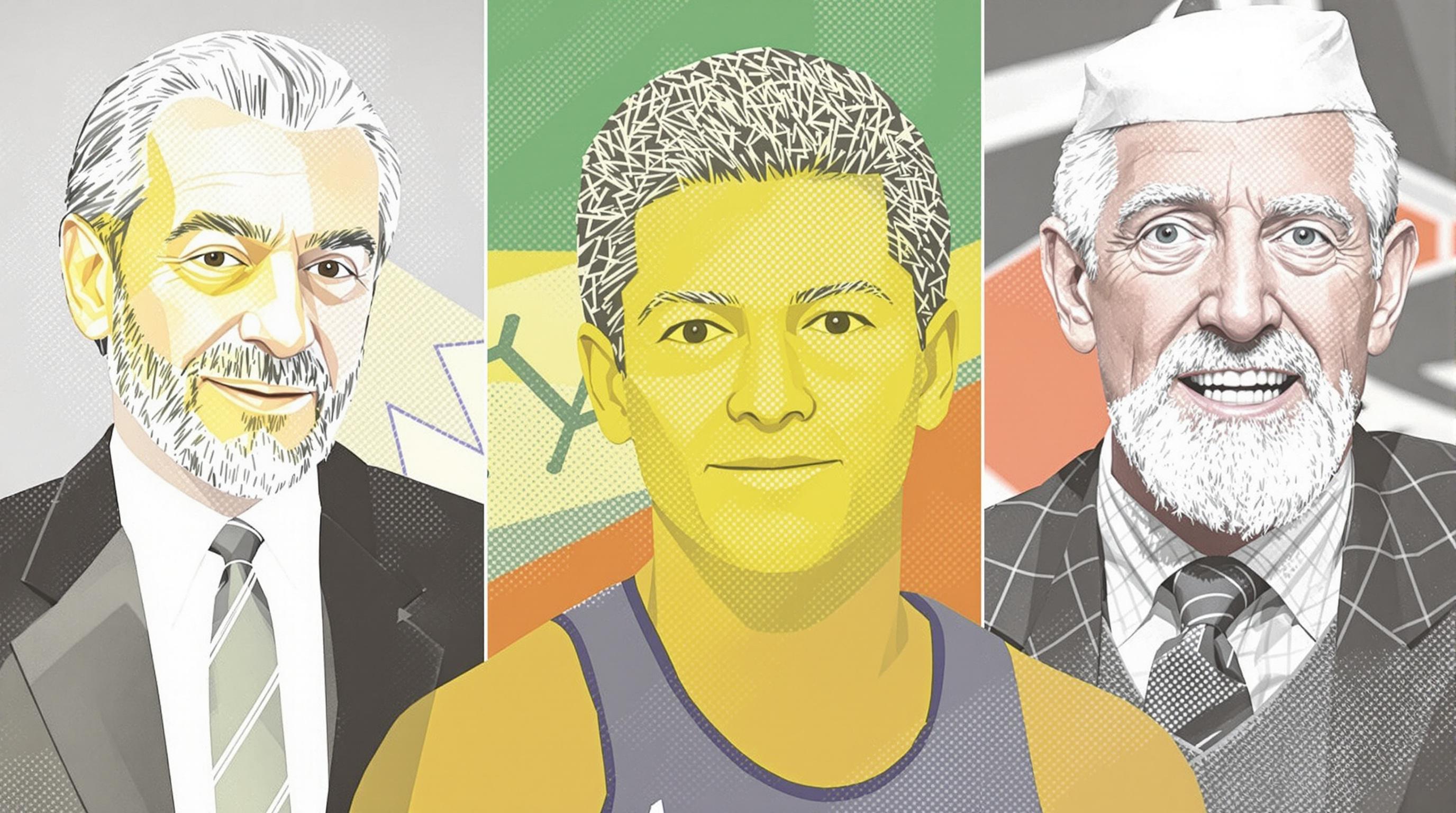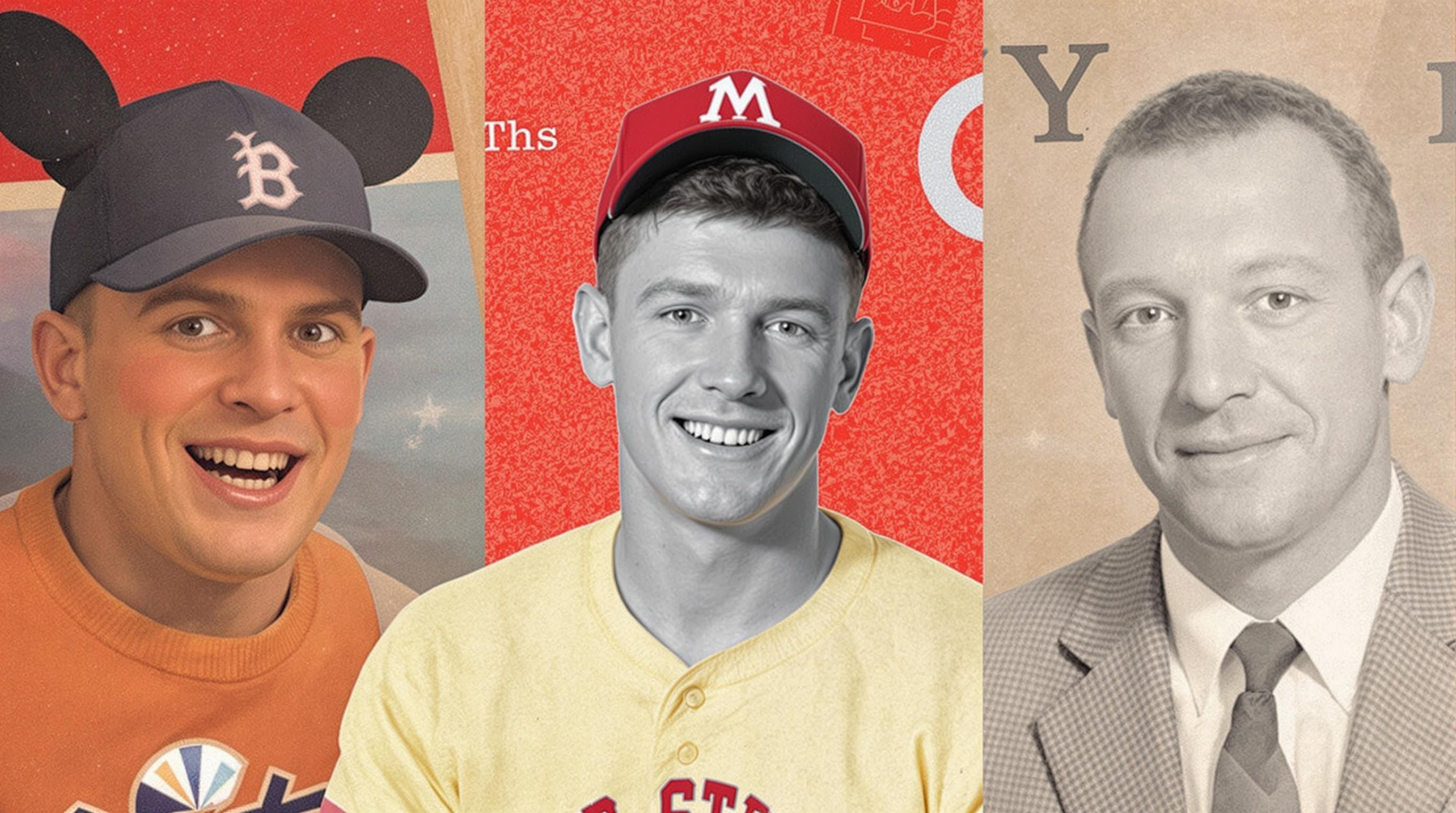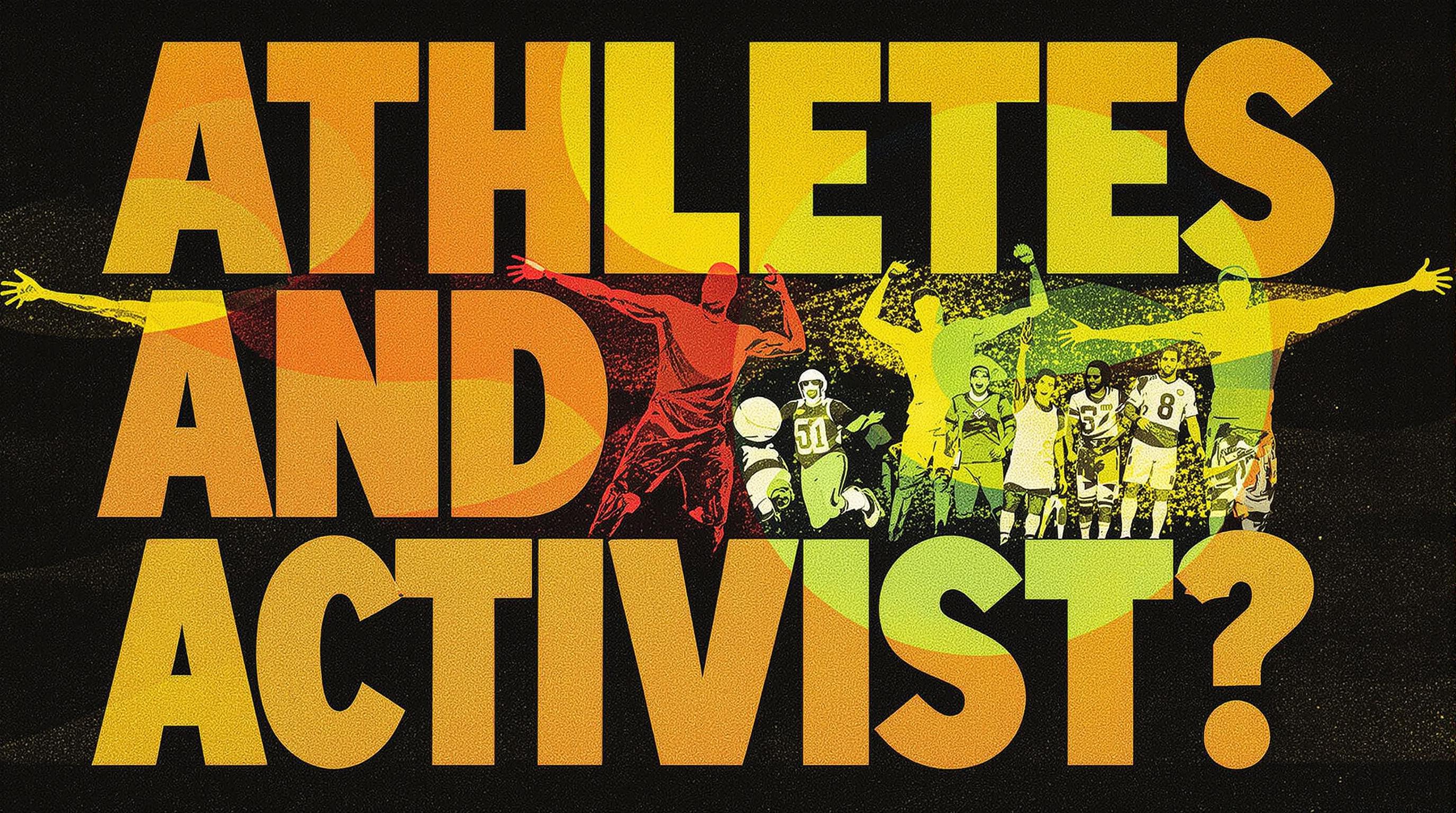Related Articles
- Cultural Collisions: How Colonialism and Conquest Transformed Games and Their Rules Across Continents
- The Eccentric Anomalies of Game Etiquette: Odd House Rules That Defied Generations
- Unveiling the Unconventional: The Role of Secret Societies in Shaping Game Regulations Across Time
- Revisiting the Cultural Phenomenon: How Iconic Championships Influenced Fashion Trends on and off the Field
- Revisiting the Aftermath: How Championship Wins Shape Community Identity and Local Economies
- The Role of Unexpected Weather Events in Shaping Championship Outcomes: A Tidal Wave of Influence
Behind the Game: How Legendary Athletes Shaped Social Change and Cultural Movements
Behind the Game: How Legendary Athletes Shaped Social Change and Cultural Movements
Legendary athletes have long transcended the game, using their platforms to challenge societal norms and inspire cultural change. From Muhammad Ali to Colin Kaepernick, these figures have catalyzed movements and fostered discussions that extend well beyond the realm of sports.
The Power of Influence
Sport is a microcosm of society, and athletes—especially those who are celebrities—enjoy a unique influence that can effect change. According to a 2020 study by the Pew Research Center, around 69% of Americans believe that athletes have an important role in promoting social change. This statistic underscores the responsibility and power that modern-day athletes carry.
Muhammad Ali: The Fighter for Justice
Let’s rewind to the 1960s and meet Muhammad Ali, a boxer whose stance against the Vietnam War turned him into a global icon. Ali famously refused to be drafted, citing his religious beliefs and opposition to racial inequality, stating, "I ain't got no quarrel with them Viet Cong." His refusal led to a suspension from boxing and the stripping of his titles, but he became a symbol of the anti-war and civil rights movements. Ali's stance influenced many others to speak out against social injustices and introduced a new era where athletes began to embrace activism as part of their identity.
The Ripple Effect
While Ali's actions took a strong political stance, his influence rippled through generations. Fast-forward to 2016, when NBA players wore "I Can't Breathe" T-shirts to protest police violence against Black Americans, echoing Ali’s legacy. The 2014 death of Eric Garner, who famously said those words during his arrest, served as a reminder that athletes can unite their industries for greater causes. This intersection of sports and social issues showcases how athletes can harness their public personas to spark meaningful discussions, effectively creating movements from their platforms.
Intersectionality in Sports: The Case of Billie Jean King
Movement isn’t limited to racial issues; it encompasses gender equity, too. Enter Billie Jean King, a tennis champion who fought for gender equality and LGBTQ+ rights. After winning the “Battle of the Sexes” match against Bobby Riggs in 1973, King leveraged her platform to advocate for the rights of women in sports. She famously said, “I’m not just a tennis player; I’m a woman,” emphasizing the need to fight for equal pay and recognition.
A study published in the Journal of Sports Economics determined that female athletes receive only 4% of media coverage compared to their male counterparts. King's legacy, coupled with advocates like Serena Williams, has sparked a broader conversation about equity in sports, influencing policies and attitudes at institutional levels. Examples like King and Williams shed light on how sports can become an arena for gender equity discussions, encompassing a myriad of societal implications.
Power Stances: Kaepernick and Modern Activism
Fast forward to 2016, and we encounter Colin Kaepernick, the former NFL quarterback whose decision to kneel during the national anthem ignited a firestorm of debate on police brutality and racial inequality. Kaepernick’s actions didn’t just spark a national conversation; they became a global symbol for protests against injustice. The phrase "take a knee" has since become synonymous with resistance, as athletes from various sports picked up the torch, either kneeling in solidarity or participating in peaceful protests.
The impact? According to a report from the Economic Policy Institute, after Kaepernick began his protests, there was a significant uptick in public awareness surrounding police violence, particularly affecting Black communities. This illustrates the far-reaching effects athletes can have when they choose to stand (or kneel) for something greater than themselves.
The Numbers Game
A statistic that really drives home the impact athletes can have is that, during the peak of Kaepernick's protests, 66 million people engaged with social media posts related to the Black Lives Matter movement, showing a direct correlation between sports activism and social engagement.
Integrating Humor: The Comedic Side of Activism
Believe it or not, activism can have a humorous side too! Take, for instance, the social media escapades of NBA star LeBron James. LeBron uses his witty posts to juxtapose serious societal issues with humor, achieving that fine balance between entertainment and enlightenment. He famously lampooned the typical “shut up and dribble” dismissal of athlete activism with his own parody series. This not only entertains but also engages younger audiences, encouraging them to think about pressing issues in a less serious yet impactful way.
Lessons from Legends
It’s illuminating to look at modern sports through the lenses of past legends. The legacy these athletes leave behind isn’t just in their records; they serve as mentors, guiding the next generation on how to use fame for societal good. Young athletes today, including the likes of Naomi Osaka and LeBron James, are repositioning their public personas to align social justice with athletic competition. They remind us that activism isn't just an add-on; it can be woven into the fabric of sports itself.
Grassroots Movements and Fan Engagement
While the athletes are the face of these movements, the fans play a crucial role in sustaining these conversations. For instance, sports organizations have started leveraging social media to amplify athlete-led movements. Over 2.5 billion people use social media platforms globally, creating the potential for widespread awareness and action. The power of hashtags, especially—think #BlackLivesMatter or #MeToo—demonstrates how fans can rally around a cause, creating visibility that often leads to change.
The Business of Change
As athletes become increasingly vocal about social issues, brands have started to take notice. A 2021 survey revealed that 60% of consumers prefer to buy from brands that align with their values, indicating that athlete activism can influence market dynamics. Brands like Nike, which supported Kaepernick in an iconic advertising campaign, have seen both backlash and support, illustrating the complexities involved in navigating social activism in sports. Ultimately, the financial ramifications of such allegiance can affect whether an athlete's voice is heard and how far their movement can extend.
Final Thoughts: The Game Beyond the Game
As we’ve seen, athletes wield more power than just their physical prowess; they are catalysts for cultural change, agents of social movements, and symbols of resistance. From the boxing ring to the tennis court, their voices echo beyond arenas and courts. Their influence—to engage, challenge, and inspire—defines not just the game but the fabric of our society. As we continue to cheer for our favorite teams and athletes, let’s also remember the profound legacy they can create when they battle for something bigger than the sport itself.
In a world that often seems divided, the stories of Muhammad Ali, Billie Jean King, and Colin Kaepernick remind us that activism doesn't have to be overtly aggressive. Whether through powerful speeches, strong stances, or even catchy hashtags, these legends remind us that change is possible—on any stage, in every game.
The books are yet to be written on how future athletes will shape our cultural landscape. Will they rise to the challenge? The court is now in the hands of the next generation, and we can only hope they embrace this transformative role as passionately as their predecessors. After all, as Billie Jean King declared, "Champions keep playing until they get it right." And in the game of social justice, every point counts.




